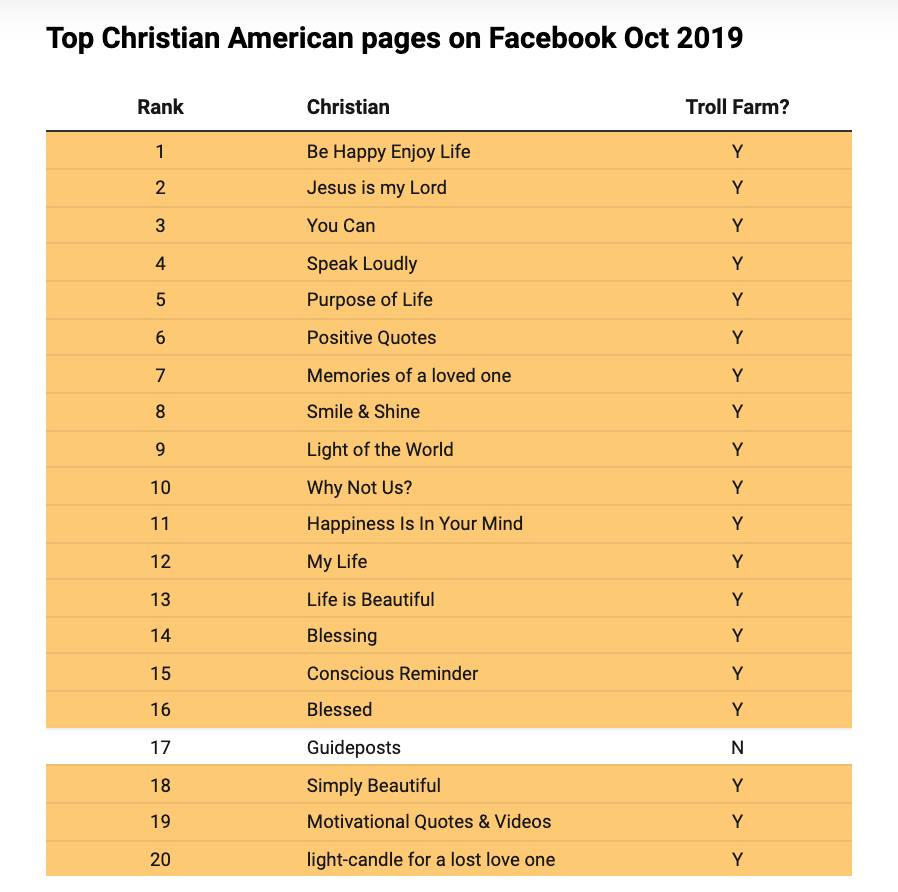Careful what you click on
Also, youth pastor voice
Would you believe it’s been 20 editions of Modern Relics so far? Thank you for reading - it’s been a joy to put this newsletter together.
This week we had a public holiday which has meant I’m running a bit behind on some stuff. I’m generally feeling a bit frazzled and distracted today, so I’m going to keep things short and simple (but hopefully still interesting!)
The vast majority of readers haven’t been around since this newsletter launched (originally under a different name!) so if this week’s edition isn’t enough Relics for you, maybe read an old edition and leave a comment letting me know what you think!
Another popemobile tweet
**Youth pastor voice**
This week Facebook’s servers went down. At times like this youth pastor voice jokes become popular, but this time… the official Evangelical Lutheran Church in America account actually did it.
They also made a footprints in the sand joke.
It’s me
What is it about social media and grave robbing?
It’s no secret that Ryan Broderick’s newsletter Garbage Day was a big inspiration for Modern Relics. Now, he’s branching out into YouTube videos, and this one is about internet occultism and why every social network inevitably has a grave robbing scandal.
If you like this, you’ll like that. Have a look!
The Lovecraftian house angel is watching
Are nuns friends?

Last week I poured a big glass of wine, ran a bath and listened to this Invisibilia episode about the interpersonal relationships of nuns. If this were AMAZING Life Advice from Pat Norman, I would advise you to do this same!
Also, my friend Catherine has become a candidate with the Daughters of St Paul, also called the media nuns. Congratulations Catherine!
Careful what you interact with on Facebook
I recently read this piece about how clickbait Facebook pages are being leveraged by unknown actors to harvest user data in a similar way to Cambridge Analytica in 2016.

Now Relevant magazine reports Christians are a big target for this kind of material - 19 of the top 20 Christian Facebook pages were being run by content farms in Eastern Europe.
I don’t imagine this is limited to just Christian pages (although they are still electorally powerful in the United States, so they’re probably the biggest).
I know a lot of people who interact with content like this, so to them I say: If you can, getting off Facebook entirely is a good idea. But if you can’t, I would avoid commenting or interacting with anything except status updates and photos posted directly from your friends. And never, ever interact with anything they repost from somewhere else.

